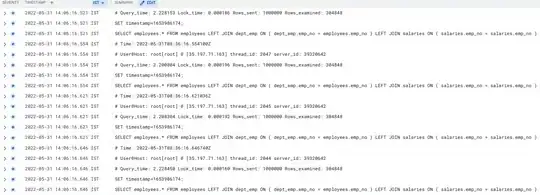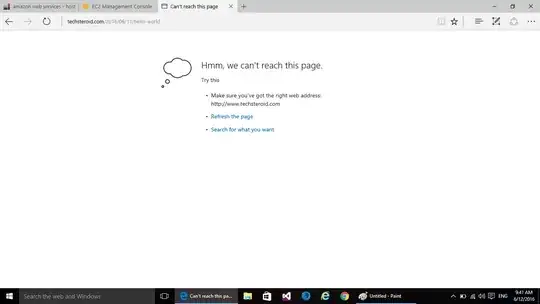I reproduced your issue and yes you are correct, Cloud SQL MySQL log (general.log, slow.log) in Log Explorer shows up spitted by newline into multiple records and does not show the long queries as one record.
Reason :
This is because there's a newline character in the input Query that is set to Cloud SQL.
If the input query is single-line (does not contain \n), the output will be one log event, showing as one line in Log Explorer.
If the input query is multi-line (contains \n), the output will be multiple log events and showing up as multiple logs. the records that they see in the general log are split into multiple records.

To let you know, this issue is already known to Google. There are no ETAs for its implementation. All communication/updates from the Cloud SQL Team regarding this feature request will be posted here or here

